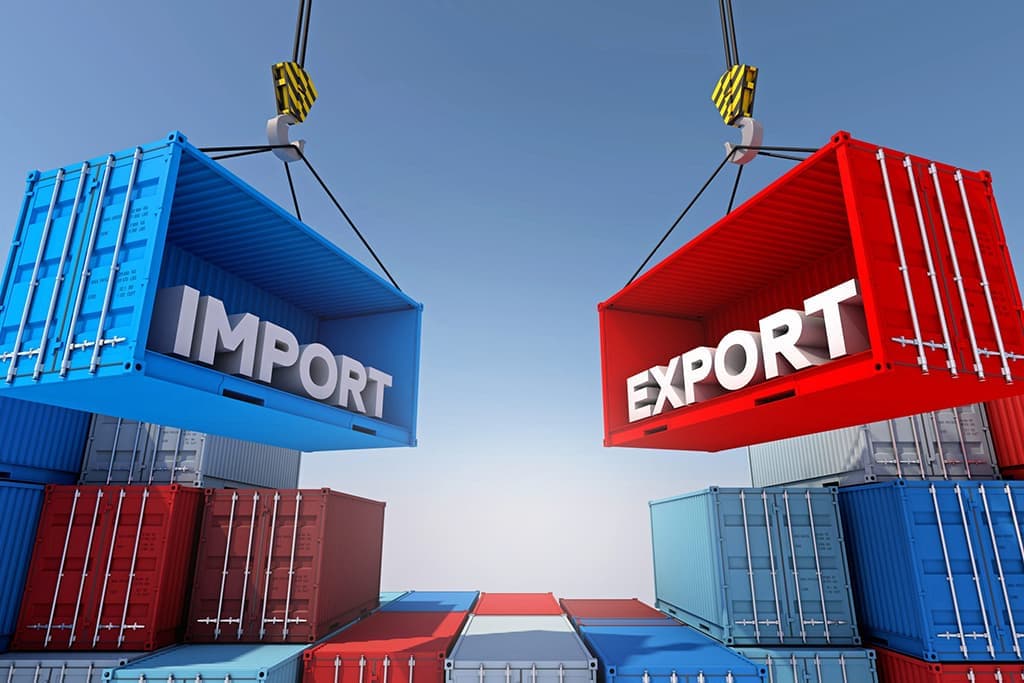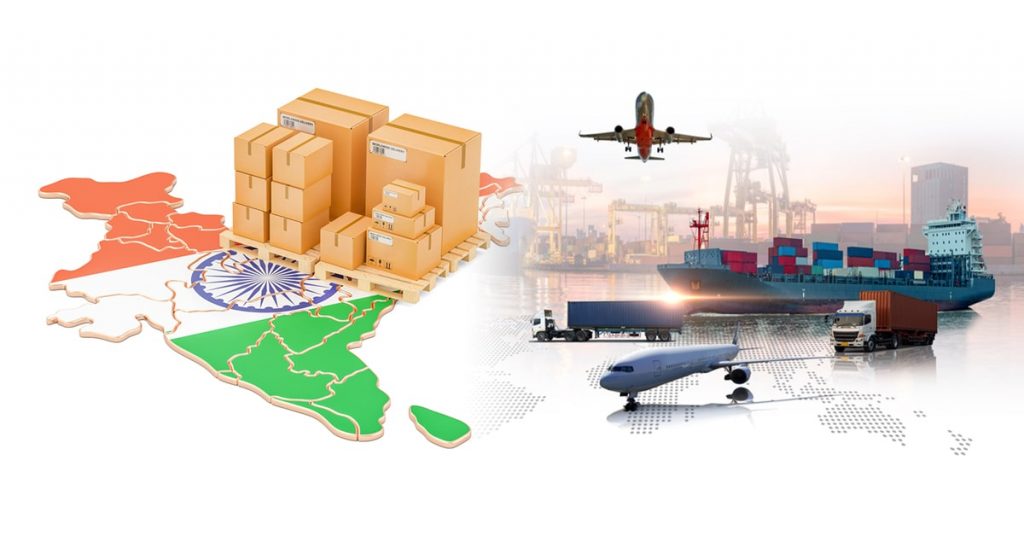IMPORT-EXPORT CERTIFICATE
IMPORT-EXPORT CERTIFICATE
An Import-Export Certificate, often referred to as a Certificate of Origin, is a document used in international trade to certify the origin of goods being exported from one country to another. This certificate is important for various reasons, including customs clearance, trade agreements, and tariff determination. Here's some information about Import-Export Certificates:
-
Certificate of Origin: The most common type of import-export certificate is the Certificate of Origin. This document attests that the goods being exported originate from a specific country. It is often required to determine the eligibility for preferential tariff treatment under trade agreements, such as free trade agreements.
-
Types of Certificates of Origin:
- General Certificate of Origin: This certificate is used for most goods and simply indicates the country where the product was made.
- Preferential Certificate of Origin: Used for goods that qualify for lower tariffs or preferential treatment under trade agreements. It requires additional information to prove that the goods meet the necessary criteria.
- Non-Preferential Certificate of Origin: Used for goods that do not qualify for preferential tariffs but still need to certify their origin.
-
Issuing Authority: These certificates are typically issued by government authorities, such as chambers of commerce, customs agencies, or other designated entities. The specific organization responsible for issuing the certificate can vary by country.
-
Information Required: When applying for an Import-Export Certificate, you'll need to provide information about the product, including its origin, a description of the goods, their value, and sometimes their intended use. The certificate will also require specific information about the exporter and the importer.
-
Purpose: Import-Export Certificates are essential for customs clearance and trade agreements. They help to determine the appropriate tariffs and customs duties for the goods and ensure that they meet the requirements of the trade agreement, if applicable.
-
Electronic Certificates: Many countries have moved to electronic systems for issuing and processing certificates of origin. This can streamline the process and reduce paperwork.
To obtain an Import-Export Certificate, you should contact the relevant government authority or chamber of commerce in your country. The specific requirements and procedures can vary, so it's important to consult with the appropriate authorities to ensure you're in compliance with the regulations of both the exporting and importing countries.
Keep in mind that the information provided here is based on the state of knowledge as of September 2021, and requirements and processes may have evolved since then. It's essential to stay up to date with the latest regulations and requirements for international trade.


